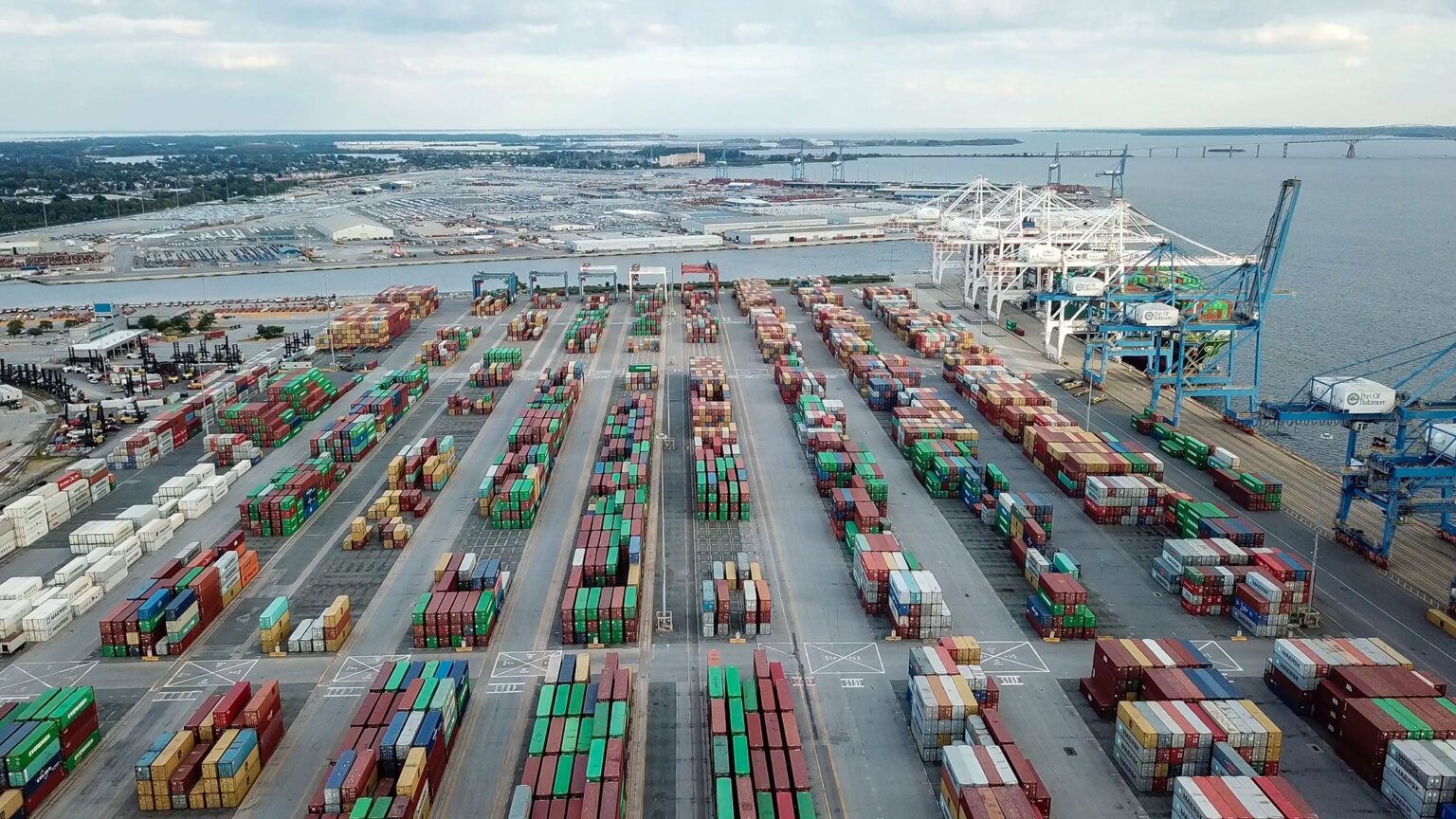U.S. President Donald Trump has signed an executive order enacting parts of a long-anticipated tariff reduction agreement with the United Kingdom, easing trade tensions between the two allies while falling short of a comprehensive free trade deal.
The agreement, unveiled alongside British Prime Minister Keir Starmer at the G7 Summit in Canada, immediately eliminates tariffs on U.K. aerospace products and lowers tariffs on the first 100,000 British vehicles imported to the U.S. annually — from 27.5 to 10 percent. Trump called the deal “fair for both” nations and said it would generate “a lot of jobs, a lot of income.”
Starmer hailed the announcement as a “very important day” for both countries, emphasizing the deal’s potential to protect key British industries like automotive and aerospace from the impact of U.S. tariff hikes imposed earlier this year. The U.K. government said this was the first formal agreement of its kind to be implemented since the Biden-era trade policies were rolled back.
However, major trade concerns remain unresolved — particularly tariffs on steel and aluminum. Despite earlier promises, the deal does not remove the 25 percent duty on U.K. steel, which could increase to 50 percent if no resolution is reached by July 9. The White House stated that steel and aluminum imports may receive tariff-exempt quotas in the future, contingent on security assurances from British suppliers. Commerce Secretary Howard Lutnick will determine the quota limits.
The agreement also grants reciprocal access to 13,000 metric tons of beef annually, and the U.K. will lift a 20% tariff on U.S. beef. In return, U.S. ethanol producers will benefit from a tariff-free quota of 1.4 billion liters. The British government emphasized that all imported beef must still comply with U.K. food safety standards.
While the deal brings immediate relief to select sectors, it falls short of the full free-trade agreement long pursued by British leaders. Trade Secretary Jonathan Reynolds described the pact as a strong foundation for deeper collaboration, saying, “We are delivering results in weeks, not months.”
Still, critics in the U.K. described the agreement as modest. Conservative leader Kemi Badenoch called it a “tiny tariff deal,” while Liberal Democrat spokesperson Daisy Cooper urged the government to publish impact assessments, especially regarding farmers and food standards.
With 68 days elapsed since Trump paused his sweeping tariff hikes, the U.K. remains the only country to finalize a bilateral deal. Talks with China, the EU, and Japan remain ongoing with no agreements yet in place.
As the July 9 deadline approaches, both sides face pressure to finalize the remaining trade provisions — particularly steel — before further tariffs disrupt critical transatlantic industries.



